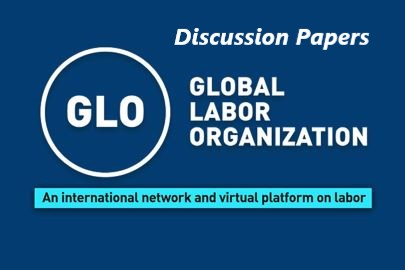A new GLO Discussion Paper suggests that introducing public subsidies aimed at favoring R&D disclosure represents a win-win result for firms and society.
GLO Discussion Paper No. 940, 2021
A contribution to the theory of R&D investments – Download PDF
by Buccella, Domenico & Fanti, Luciano & Gori, Luca
GLO Fellow Luca Gori
Author Abstract: This research contributes to the theory of cost-reducing R&D investments by offering a tractable three-stage non-cooperative Cournot duopoly game in which R&D-investing firms choose whether to disclose R&D-related information to the rival. Though in a noncooperative context firms have no incentive to unilaterally disclose information on their costreducing R&D activity to prevent the rival from freely appropriate it, this work shows that there is room for the government to design an optimal policy aimed at incentivising unilaterally each owner towards R&D disclosure. Under this welfare improving policy, sharing R&D-related information becomes a Pareto efficient Nash equilibrium strategy of selfish firms. These findings suggest that introducing public subsidies aimed at favouring R&D disclosure represents a win-win result, eliminating the so far established – and unpleasant for both firms and society – non-disclosing outcome.

GLO Discussion Papers are research and policy papers of the GLO Network which are widely circulated to encourage discussion. Provided in cooperation with EconStor, a service of the ZBW – Leibniz Information Centre for Economics, GLO Discussion Papers are among others listed in RePEc (see IDEAS, EconPapers). Complete list of all GLO DPs – downloadable for free.
The Global Labor Organization (GLO) is an independent, non-partisan and non-governmental organization that functions as an international network and virtual platform to stimulate global research, debate and collaboration.
Ends;

